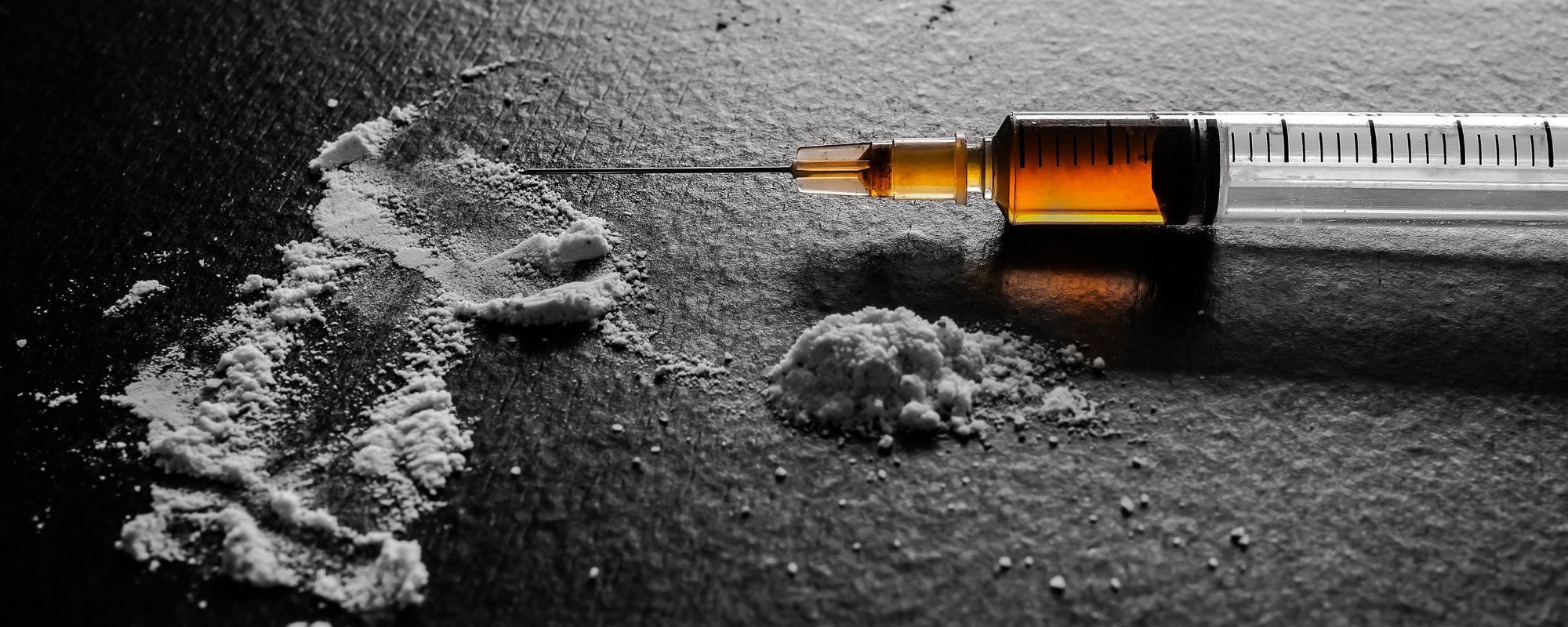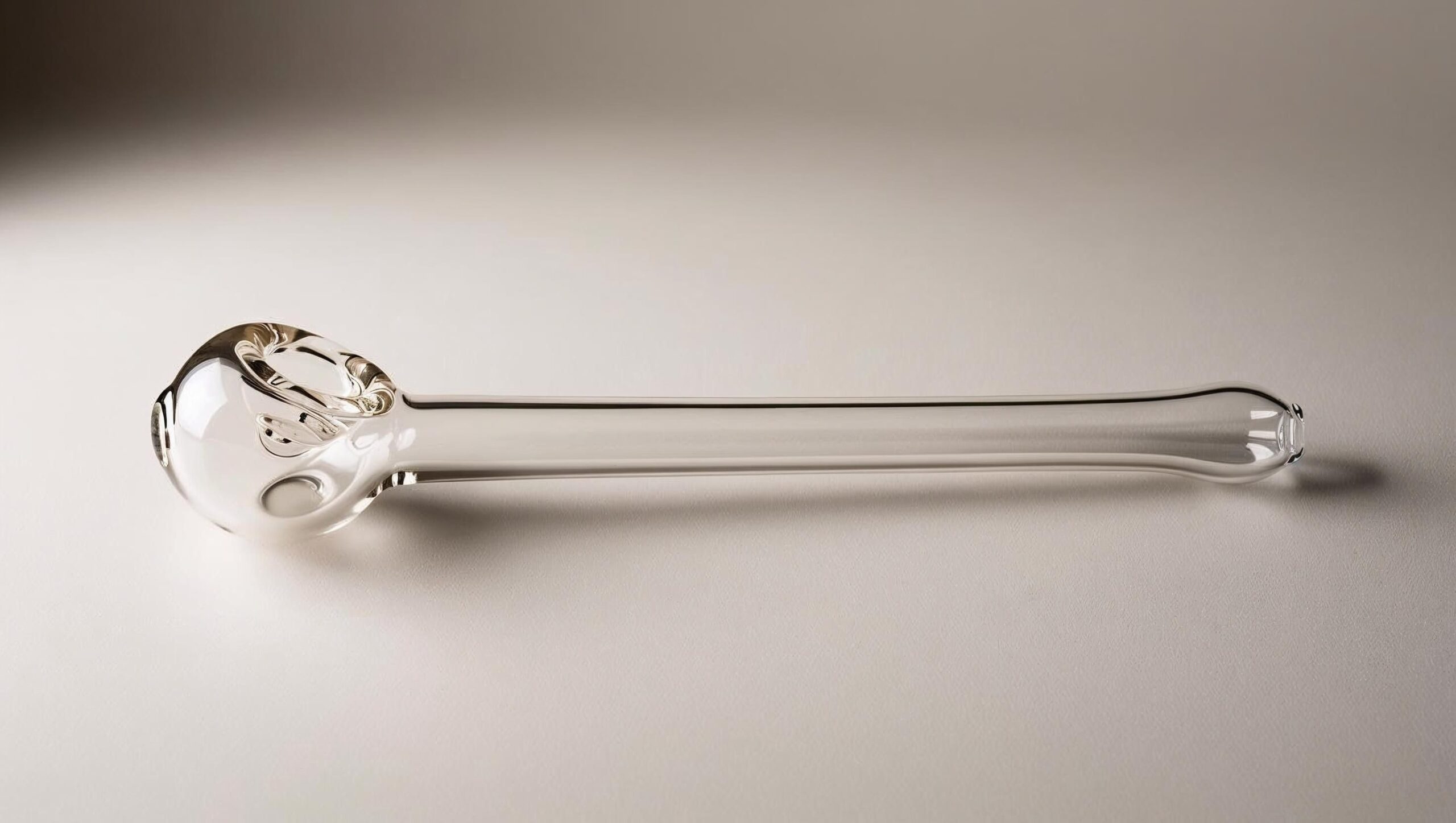Withdrawal symptoms present as the physical and mental symptoms that occur during a period of lowered or no substance abuse. Depending on the substance of abuse, symptoms can vary. However, withdrawal symptoms are dangerous, requiring medical care to prevent life-threatening effects.
However, on average alcohol and drug withdrawal will have three main stages following your last dose. Those stages are the start, peak, and subsiding of withdrawals. To compare, here are the average lengths of withdrawal for drug classes and alcohol: according to SAMHSA:
- Alcohol: 5 – 7 days
- Sedatives (Benzodiazepines): 7 days to 5 weeks; withdrawal symptoms last longer if tapering off the drug but are less likely to be fatal
- Opioids: 4 – 10 days with certain opioids lasting up to 3 weeks
- Stimulants: 7 – 14 days
As with all drugs, the length of withdrawal symptoms vary from person to person. The length of withdrawal depends on how the drug is abused, how much of the drug is abused during a single sitting and throughout the addiction, and how long the drug is abused. Most importantly, the level of dependence and addiction will determine the severity of withdrawal symptoms.
Symptoms that last beyond this period, or reappear after this period, are then labeled as protracted withdrawal (commonly known as post-acute withdrawal, chronic withdrawal, or extended withdrawal). Protracted withdrawal is the lesser studied of the two types of withdrawal, but it can often be a major factor in the incidence of relapse.
Alcohol Withdrawal
Sedative Withdrawal
Opiate/Opioid Withdrawal
Stimulant Withdrawal
Alcohol Withdrawal
Symptoms of Alcohol Withdrawal:
- Anxiety
- Irritability
- Fatigue
- Impaired focus
- Depression
- Tremors
- Headache
- Appetite loss
- Nausea/Vomiting
- Insomnia
- Sweating
- Hallucinations
- Delirium tremens (DTs)
- Alcohol-Induced Psychosis
- Seizures
- Death
Alcohol withdrawal is a painful process best managed in an addiction rehab under the care of trained medical professionals. In fact, withdrawing from alcohol can cause DTs, or delirium tremens. Obviously, delirium tremens cause delirium and tremors, but people experience hallucinations, as well as potentially fatal seizures. Primarily, in order to combat the potentially life-threatening alcohol withdrawal symptoms, it is important to receive medical care. In fact, withdrawing from alcohol through medical detox in rehab versus at home can be the difference between life and death.
Sedative Withdrawal
Sedative Withdrawal Side Effects:
- Anxiety
- Tremors
- Nausea/Vomiting
- Depression
- Insomnia
- Sweating
- Paranoia
- Hallucinations
- Drug-Induced Psychosis
- Seizures
- Death
Above all, sedative drug withdrawal symptoms can be life-threatening— particularly benzodiazepines. In fact, the benzodiazepine side effects commonly result in life-threatening seizures if not properly tapered. For instance, upon deciding to lower or end a benzo prescription under average circumstances, your prescribing physician would place you on a taper, slowly decreasing your dose until you could cease use. After all, abusing sedatives is incredibly harmful considering that a missed dose could result in a seizure.
Opiate/Opioid Withdrawal
Opioid Withdrawal Side Effects:
- Nausea/Vomiting
- Insomnia
- Muscle aches
- Teary eyes
- Runny nose
- Sweating
- Yawning
- Cramping/Diarrhea
- Tactile Disturbance
- Anxiety
- Irritability
- Hallucinations
- Drug-Induced Psychosis
- Seizures
- Death
In short, opioid drug withdrawal symptoms, like sedatives and alcohol, can result in mind-altering hallucinations and deadly seizures. Similarly, the seizures caused by opioids can lead to permanent brain damage and epilepsy. For this reason, it is vital to enlist the help of medical professionals in a quality rehab facility to prevent dangerous complications.
Stimulant Withdrawal
Stimulant Withdrawal Symptoms:
- Fatigue
- Oversleeping
- Overeating
- Impaired focus
- Muscle aches
- Nausea/Vomiting
- Headaches
- Anxiety
- Irritability
- Depression
- Distorted time perception
- Paranoia
- Hallucinations
- Drug-Induced Psychosis
To sum up, Stimulant drug withdrawal can range from irritability to full-blown psychosis. Indeed, most people are aware of meth-induced psychosis. However, you can experience psychosis from a prescription stimulant like Adderall. In fact, a person experiencing drug-induced psychosis may think things are trying to harm them and end up hurting themselves or others. Most importantly, people attempting to self-detox from stimulants need medical detox from a rehabilitation center to reduce the risk of psychosis.
What Are the Dangers of Acute Withdrawal
The process of withdrawal can be incredibly dangerous without the help of medical professionals. After substance abuse, many people attempt to quit “cold turkey” which is extremely dangerous and potentially life-threatening. Without a medical taper and 24/7 observation, those who try to cut all substance use out after an extended period of use commonly experience severe, sometimes deadly, withdrawal symptoms.
For drugs that fall into the category of depressants, the body adapts to the drug’s effects over an extended period of use, and quick-onset withdrawal can cause the body to go into a state of shock, potentially causing symptoms that range from anxiety and sweating to convulsions and psychosis. A severe alcohol-specific symptom that causes extreme concern, delirium tremens or DTs, which includes tremors, seizures, hallucinations, and other acute withdrawal symptoms, that requires emergency medical care.
Dangerous withdrawal symptoms:
- Hallucinations
- Delirium tremens (DTs)
- Alcohol-Induced
- Psychosis
- Seizures
- Death
The process of rapid alcohol detox– whether alone at home or in a rapid detox facility– is extremely dangerous because it can cause seizures, heart attacks, strokes, and delirium tremens. All of these symptoms can cause immense damage to the body’s organs, and can lead to permanent impairment, and sometimes death.
The Dangers of Protracted Withdrawal
Most symptoms of protracted withdrawal are physical-or psychological. This is because long-term substance abuse often alters the brain’s functioning — addictive substances interact with transmitters in the brain, stimulating the reward system, forcing a release of pleasure-inducing chemicals such as dopamine, at an unnatural rate. This in turn trains the brain to stop production of dopamine and other “happy” chemicals, making the individual dependent on the drugs to feel any positive emotions.
As a result, the person requires more and more of the drug to experience pleasure, and the total removal of the substance sends the person into a state of apathy— or anhedonia. The lack of euphoria-inducing drugs and alterations in the brain produce a state of “protracted withdrawal, also known as post-acute withdrawal syndrome (PAWS). According to SAMHSA, symptoms of PAWS include:
- Irritability
- Anxiety
- Impaired concentration
- Inability to make decisions
- Anhedonia
- Depression
- Increased fatigue
- Insomnia
- Lowered sex drive
- Cravings
- Mood swings
The biggest danger that is associated with post-acute withdrawal is the fact that extended periods of anhedonia— the inability to feel pleasure— leaves many individuals at a high risk of relapse. Symptoms of PAWS can last months and extend over the course of several years. Feelings of anxiety and stress can worsen the effects of PAWS, making it necessary for individuals to monitor their emotional output with skills that can be learned in inpatient treatment and honed in outpatient levels of care during therapy sessions.
Reach Out
Quality detox services are just one way we incorporate our primary concern of guests’ health and well-being into everything we do. To learn more about our detox and residential programs and how Royal Life Centers can be a part of your recovery, please reach out to our admissions team, available 24/7 at 888-907-0898 to answer your questions.
























